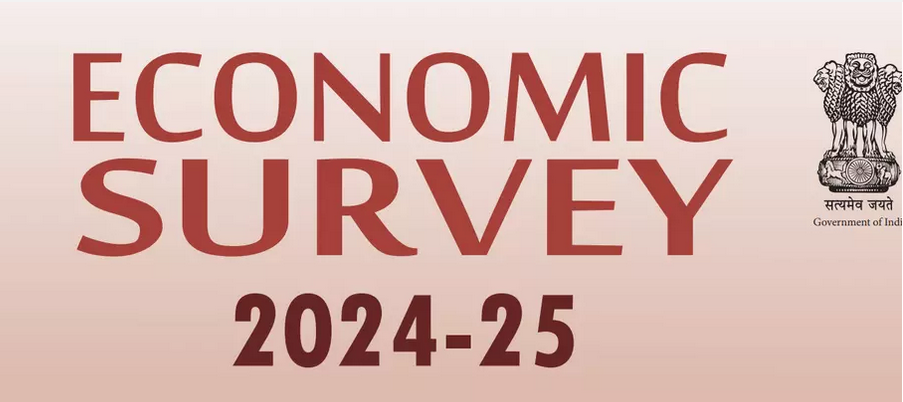Pakistan has had to cut down on its spindle capacity during the last three and a half months primarily because of the high cost of doing business. These spindles were predominantly producing exportable goods. Textile mills are unable to pay monthly electricity bills and thus closing down one after another. The closing down of one million spindles means more than one million unsold cotton bales besides one million job losses. The industry fears the whole supply chain would get disrupted amid a world-wide recession and a fall of commodity prices, hindering the ability of local industry to compete internationally.
Weaving units in the country say cotton yarn as raw material should not be exported and instead be used in Pakistan for domestic consumption and for adding value to export goods. The cotton production of Pakistan has decreased by 10.38 per cent in 2014-15 over 2013-14.
The industry feels if the government desires to continue imposing 10 per cent regulatory duty on import of cotton yarn, the vital value added textile export sector, which earns a huge amount of foreign exchange for the nation and generates huge employment, would be completely ruined.
The industry feels the fabric that’s coming into Pakistan from Dubai is actually of Indian origin since there is no fabric manufacturing unit in Dubai.












